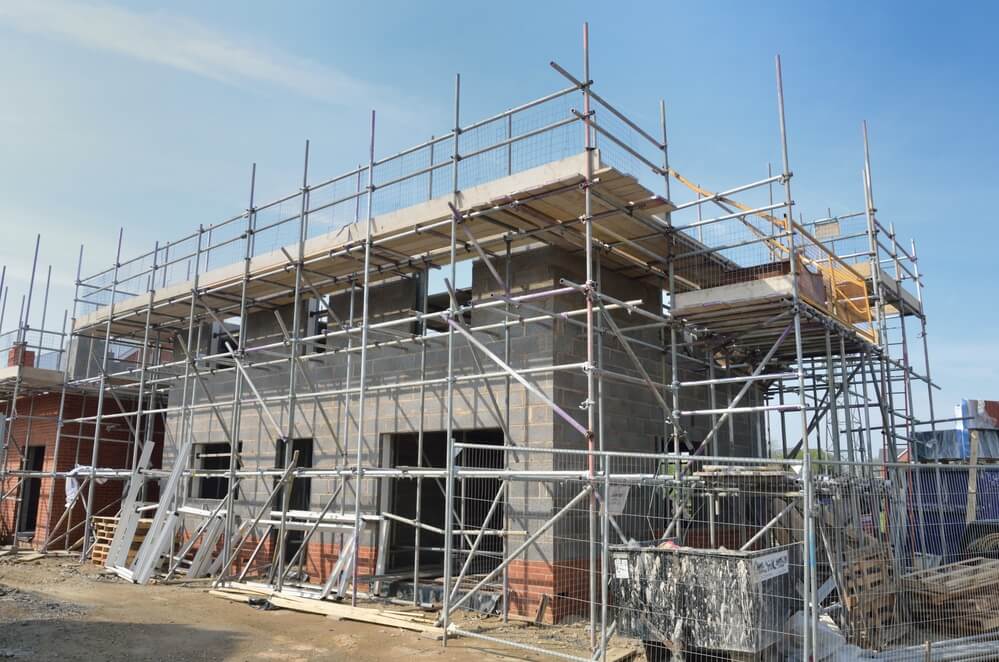Property renovation may be an attractive alternative to finding and moving into another home.
If you are the owner-occupier looking for more space for your growing family, renovation, a loft conversion or an extension is likely to be a cheaper solution than moving home. And the end result adds at least something to the capital value of your home.
If you are investing in buy to let property, renovation not only increases its capital value but may also boost your rental income. And a previously abandoned property, in need of renovation, is almost certain to be cheaper to buy.
As we explained in our Guide to Renovation in January 2019, however, there is a lot involved in any renovation project – not least of which is the need to keep your insurers fully in the picture.
Why is insurance important?
Your home insurance or buy to let insurance (if you are a landlord) is vital for protection against all manner of risks leading to loss or damage – even to the extent of the loss of the entire building and its contents.
But insurers attach conditions to the cover they provide and are especially concerned about the additional risks to which your property may be exposed while it is unoccupied during any renovation or building work.
For that reason, you need to inform your insurer before starting any renovation work on your property.
Renovation insurance
If the renovation works are substantial and involve any structural alterations to the property, your current insurers may increase your premiums or even remove the cover for any loss or damage caused by the building works. In the fine print of your insurance documents, you may find the particular clauses that relate to exclusions for any loss or damage resulting from structural alterations to your property.
But, of course, your home or let property continues to need building and contents cover while renovation works are in progress – and this is where purpose-designed renovation insurance steps in. The nature and scope of this standalone renovation insurance cover is described in greater detail on our website.
This ensures that you remain covered for any loss or damage resulting from the alterations that are made to your property and typically extends protection to the additional items likely to remain onsite during the works – machinery, plant, building materials and supplies, for example.
A further peril that is often overlooked is the risk of additional theft, loss or damage by virtue of your property being unoccupied for the duration of any renovation works.
A property that is left empty in this way for longer than a month or so is also likely to suffer a reduction in the scope and level of normal insurance cover (a property can still be classed as empty if there are tradespeople there during the day but no one actually living there). For that reason, renovation insurance typically incorporates an element of unoccupied property insurance to plug the gap.
While websites such as Real Homes may provide a detailed breakdown of the various costs likely to be incurred by different renovation projects, one element you might want to make sure you take into account is the need to keep your insurer fully informed.
The response may help you decide whether or not you also need the security and reassurance of specialist renovation insurance.








